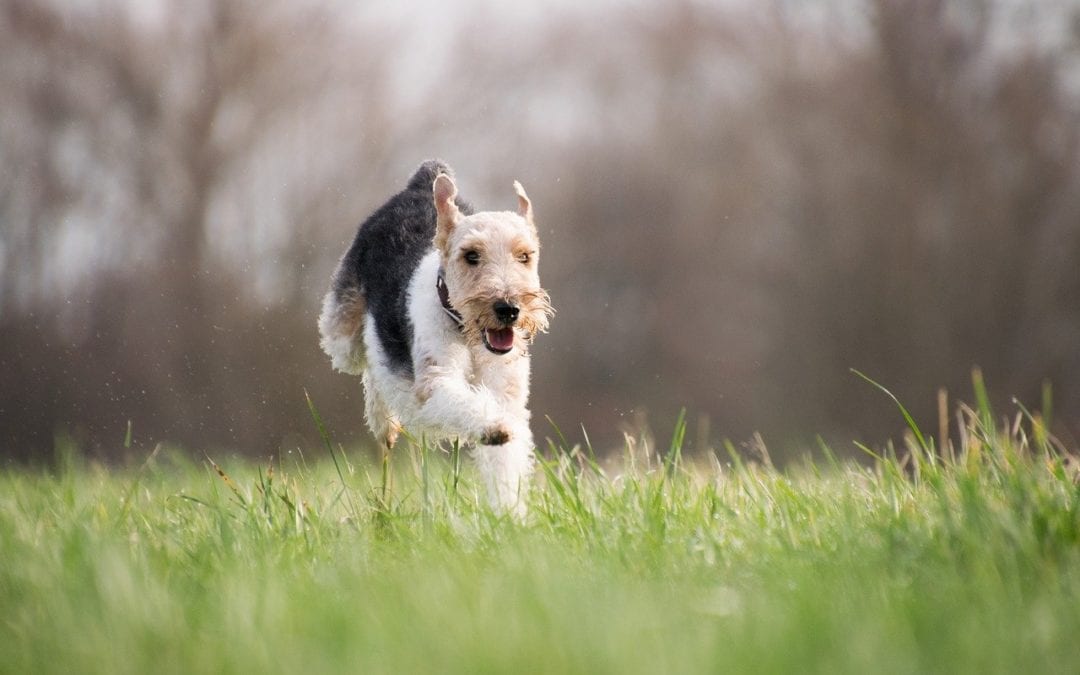If you’re a dog owner, there’s a good chance you’ve seen this unpleasant behavior in your adorable pooch—coprophagia, or feces consumption. Whether your dog eats their own stool, “tootsie rolls” from the litter box, or random poop piles on your walks, coprophagia is a puzzling behavior, especially if you enjoy your dog’s kisses. Your furry pal may engage in this gross behavior for many reasons. Our team here at TCAH has put together some of the most common reasons for this behavior:
- Lack of nutrients — If your dog is lacking essential nutrients their diet should provide, they may turn to coprophagia.
- Malabsorption syndrome — In some instances, a dog may be unable to fully absorb nutrients in the small intestine, leading to malabsorption syndrome. To combat this disease, the dog may try to consume more nutrients by eating feces.
- Intestinal parasites — A high intestinal parasite load of roundworms, whipworms, and other parasites can leach nutrients when they set up shop in your pet’s intestinal tract. Coprophagia is commonly seen in puppies with a heavy parasite load, who struggle to grow, despite ingesting adequate nutrients.
- Anxiety — Dogs who suffer from anxiety often defecate inappropriately in the house, and then try to hide the evidence by eating their stool, especially if they have been harshly punished in the past.
- Disease — Some diseases can make dogs so hungry, they turn to any source available to take in more food, including their own feces. Diabetes, hypothyroidism, and Cushing’s disease may cause your dog to eat their stool.
Coprophagia can be a serious concern in pets and can be a sign of underlying disease if they begin eating their stool or other pets’ feces.
Looking for help to break your dog’s bad habit? If your furry pal regularly eats their own feces, please contact us to ensure they do not have a nutrient deficiency or other issue.

